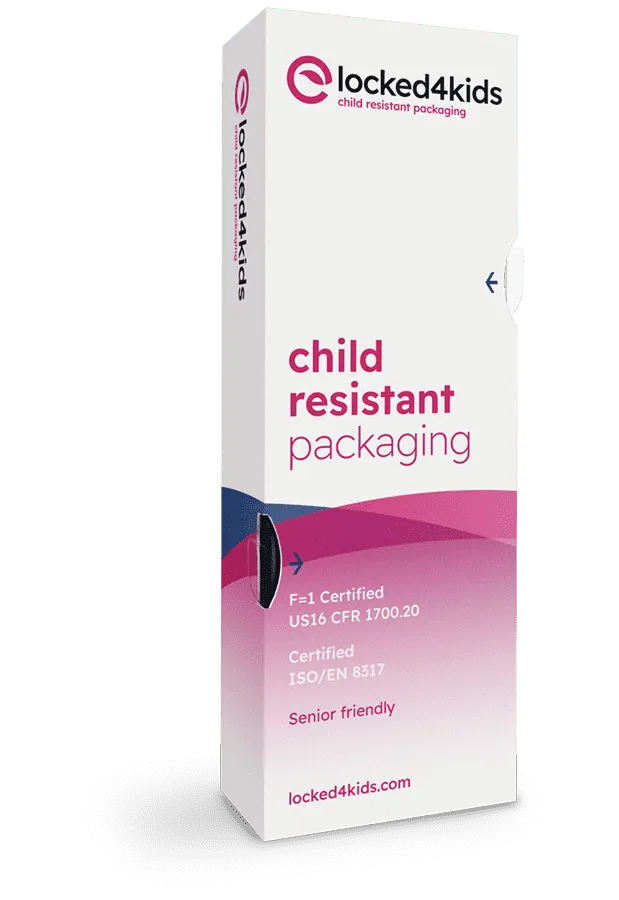Zuckerrohrkunststoff, ein innovatives Material, das aus dem nachwachsenden Rohstoff Zuckerrohr gewonnen wird, steht an der Spitze der nachhaltigen Verpackungslösungen. Aber was ist das genau? Was sind die Vorteile und was ist zu beachten?
Was ist Zuckerrohrplastik?
Sugarcane plastic is created from ethanol extracted from sugarcane, a significant shift from traditional petroleum-based plastics. This bio-based material is formed by converting sugarcane ethanol into ethylene, which is then polymerized into polyethylene. The result is a plastic that mirrors the characteristics of conventional polyethylene, ensuring full recyclability and maintaining industry standards for plastic products.
Ist Kunststoff aus Zuckerrohr biologisch abbaubar?
Zuckerrohrkunststoff ist zwar nicht biologisch abbaubar. Sein Umweltnutzen liegt in seinem erneuerbaren Ursprung und seiner Recyclingfähigkeit. Wenn die biologische Abbaubarkeit im Vordergrund steht, könnten andere Materialien wie Polymilchsäure (PLA) oder Kunststoffe auf Stärkebasis besser geeignet sein. Diese Alternativen erfordern jedoch möglicherweise industrielle Kompostieranlagen, um effektiv abgebaut zu werden.
Wie man Biokunststoff aus Zuckerrohr herstellt
Der Weg zur Herstellung von Biokunststoff aus Zuckerrohr umfasst mehrere Schritte:
- Cultivation: Sugarcane is harvested and processed to extract sugar. The leftover molasses, a byproduct, is used to produce ethanol.
- Ethanol extraction: Fermentation of sugarcane juice or molasses produces ethanol, which serves as a bio-based feedstock.
- Conversion to ethylene: The ethanol is chemically converted into ethylene through dehydration.
- Polymerization: The ethylene is polymerized into polyethylene, creating a bio-based plastic that functions just like its petroleum-based counterpart.
Dieser Prozess unterstreicht den doppelten Nutzen von Zuckerrohr als Ethanolquelle für die Kunststoffproduktion und als kohlenstoffabsorbierende Pflanze während ihres Wachstumszyklus.
Was sind die Nebenprodukte des Zuckerrohrs?
Zuckerrohr ist eine vielseitige Pflanze, bei deren Verarbeitung zahlreiche Nebenprodukte anfallen:
- Molasses: A thick syrup used for ethanol production or as an ingredient in food and beverages.
- Bagasse: The fibrous residue left after juice extraction, often used as a bioenergy source or in paper and packaging production.
- Press mud: A byproduct from the filtration process, frequently used as organic fertilizer.
- Ethanol: As the primary feedstock for sugarcane plastic, ethanol is a critical byproduct derived from molasses or sugarcane juice.
Diese Nebenprodukte sind hervorragende Beispiele für ein Null-Abfall-Produktionsmodell.
Vorteile von Kunststoff aus Zuckerrohr
- Environmental sustainability: Sugarcane absorbs CO2 during its growth, offering a reduced carbon footprint for the resulting plastic. This characteristic positions sugar cane plastic as a potentially carbon-neutral material, in contrast to the carbon-heavy production of traditional plastics.
- Renewability: Utilizing sugarcane, a renewable resource, lessens reliance on finite fossil fuels, aligning with global sustainability goals.
- Recyclability: Matching the physical properties of conventional plastics, sugar cane plastic can enter existing recycling streams seamlessly.
- Reduced agricultural waste: By utilizing byproducts like bagasse and molasses, sugarcane plastic production supports resource efficiency,
Überlegungen und Herausforderungen
Trotz seiner Vorteile ist die Einführung von Zuckerrohrkunststoff mit Überlegungen verbunden, die berücksichtigt werden müssen, um sein Potenzial voll auszuschöpfen:
- Agricultural impact: Increased demand for sugarcane could strain land and water resources and potentially displace food crops.
- Processing energy: While it reduces carbon emissions over its lifecycle, the energy required for processing must ideally come from renewable sources.
- Market integration: Integrating sugar cane plastic into the global supply chain poses challenges, including scaling production to meet demand and ensuring compatibility with existing recycling facilities and standards.
Sugarcane plastic offers a promising path toward more sustainable packaging solutions, characterized by its renewable nature, potential for reduced carbon emissions, and recyclability. However, its broader adoption requires careful consideration of agricultural impacts, energy use in production, and supply chain integration. Curious about other recent packaging innovations? Explore them in this article!
Fordern Sie jetzt eine kostenlose sample an!






.webp)




